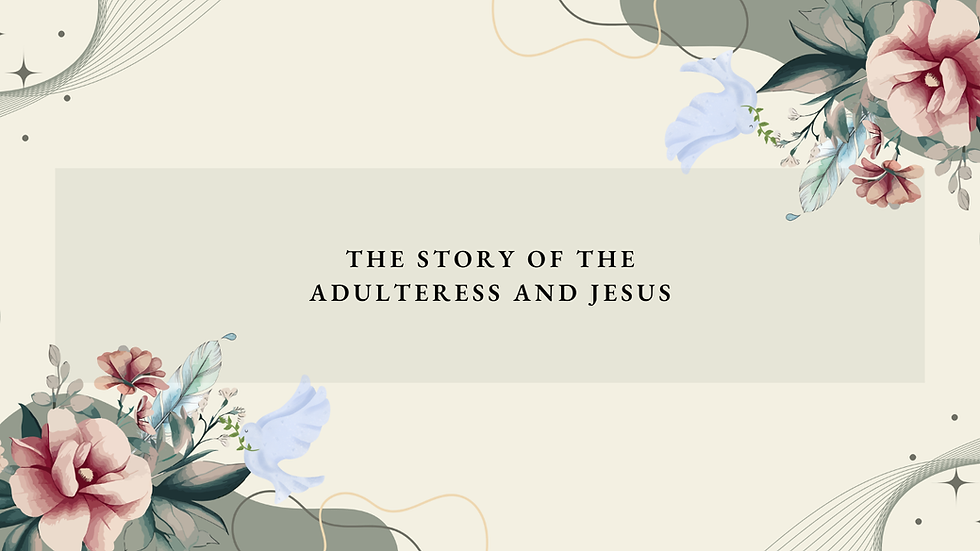Proposal Writing Tips
- Kelly Leffler

- May 23, 2025
- 3 min read

Whether you are writing a proposal for an agent or for a publisher, it's important to know what to include in order to improve your chances for a good response. Now, these tips aren't going to the secret sauce and guarantee that you will get good response, but knowing how to write a good proposal verses a bad one is important. Hopefully these tips will help. So, as promised, I am providing you with a clearer version, one that is much more easier to read. Good luck on your writing journey! Non-fiction -
I. The Content
This includes:
Unique selling proposition: bulleted info. and include sentence:“If consumers in the target market purchase and read “XYZ” then they will…
Three or four bullets
“Because they will…”
Three or Four Bullets.
Overview – gives the publisher the general info and themes. Divide book manuscript into sections
Give two or three sentences on each section to give the publisher enough of the idea of what your book is about. Think elevator pitch.
Manuscript
Where you give info about your actual book.
Manuscript status – how much is completed?
Special features: what makes your book stand out from the rest? Ex. Bulleted info, sidebars, illustrations, charts, graphs, photos, etc.
Manuscript length – word count only
Complete Date: how much time you need to finish.
II. Market
Characteristics: who is primary audience, be specific.
Do you have a secondary (ex. parents) or tertiary audience (ex. school, Sunday school class)?
Motivations – why does you audience want to read your book? (Ex. People who might be tired or not praying and want a deeper relationship with God.)
Affinity Groups – people who want to purchase your book. (ex. Book on prayer, might be pastors, or subscribers to a Christian magazine.)
The Competition – Important piece of proposal, list books that a publisher or agent can compare too. 3-5 books if possible. List name of book, author, date. Write about what is similar between your book and the others and what is different.
III. Author
Brag on yourself, list your skills, your experience, awards, etc.
College Degree
Previous jobs
Previous writing
Your Website
Speaking engagements
Radio, TV, or Podcasts
Internet promotion (social media)
IV. Market
This is your marketing plan. Outline the following areas:
Speaking engagements you have done. (Ex. Sunrise Church, 50 in attendance)
Speaking engagements you plan to do. (list names and contacts)
Radio, TV, Podcasts you have done
Speaking opportunities you plan to do
Newspapers you can write press releases for
Websites where you can advertise your book
Ways to use social media for promotion
V. Chapter by Chapter Synopsis
Hardest part, write one or two sentences on each chapter. Where is the book going in terms of story arc?
Fiction:
The “Hook” – a concise summary, 50 words or less of the story and why the reader should buy the book.
The Synopsis – A summary of the story, 1-2 pages (if it’s a picture book, it will be less). Clear plot line, can leave out minor characters.
The Market – Who will buy this book? How can you contribute to the marketing effort? Do you have a blog or website where you can post a teaser chapter?
·The Competition – what makes this story different from others? List 3 – 4 similar titles.
The Author - what qualifies you to write this book? Education, journalism, writer training, specialized fiction study, research, etc.
The Characters – make a list of the key characters with brief descriptions
Expanded Table of Contents – provide a two to three sentence summary of each chapter.






Comments